Canadian home prices to slip 2% as trade war paralyses homebuyers: Reuters poll
Ongoing US-Canada trade tensions and economic uncertainty are putting pressure on the housing market, pushing Canadian home prices into decline, according to a Reuters poll of housing market experts.
Canadian home prices are expected to fall 2% this year and remain flat through 2026, a sharp reversal from expectations just three months ago. A Reuters survey conducted between June 13 and 25 among 16 housing experts found that growing unease over the trade war has paralyzed homebuyer activity and weakened market confidence.
“Uncertainty (around US policies) has definitely paralysed the housing market, and it’s done more than that. It’s also affected businesses in terms of their capital spending plans and their hiring,” Tony Stillo, director of Canada economics at Oxford Economics, told Reuters. “Buyers are concerned about job security and being able to afford a house, so they’re on the sidelines.”
Canada’s housing sector, like much of the broader economy, has been hit by tariffs imposed by US President Donald Trump on key Canadian exports including steel, aluminum, and automobiles. Canada’s retaliatory tariffs have added further strain, leading to concerns about a modest recession extending into late 2025.
Fears over employment stability have eroded buyer confidence, especially in regions already seeing an increase in housing supply. Average prices have fallen about 3% so far this year, with expectations now for a national 2% decline by year-end, down from a previously forecasted 2% gain in March.
Toronto is forecast to see home prices drop 4% in 2025, while Vancouver’s market is expected to contract by 2%. Despite the negative outlook, economists note that some of the price correction has already occurred, suggesting a softer decline moving forward.
Sal Guatieri, senior economist at BMO Capital Markets, pointed to potential rate relief and geopolitical stabilization as possible turning points.
“We expect home prices, though likely to weaken over the next two or three months, to stabilise later this year and then to resume moderate recovery in 2026,” he said. “Now that’s all predicated on two things. One, the trade war de-escalates and two, the BoC will resume cutting interest rates—we believe by a further 75 bps reduction by early next year.”
The Bank of Canada’s swift 225 basis point rate cuts over the past year have helped prevent a deeper market slump. Home sales even ticked up last month, aided by slightly improved affordability, especially for first-time homebuyers. Expectations of at least one more rate cut in 2025 may provide further support.
Still, affordability remains a key concern. Average home prices remain over 10 times the average annual income in Canada. Most analysts surveyed expect affordability to improve slightly over the next year.
“We expect affordability will continue to improve, but only modestly,” RBC assistant chief economist Robert Hogue said. “It could maybe reverse half of the loss during the pandemic, but still not going to be back to what it was before the pandemic.”
The supply of affordable housing is forecast to grow slightly. Ten of the twelve experts surveyed said they anticipate marginal improvements in availability compared to last year, while one predicted a significant increase.
“Hopefully, lower building costs or some efforts to reduce regulatory fees will help out at the margin,” Hogue added. “But it probably would need more than that. We need some more transformational changes to really make a difference.”
Source CMP
By Candyd Mendoza
